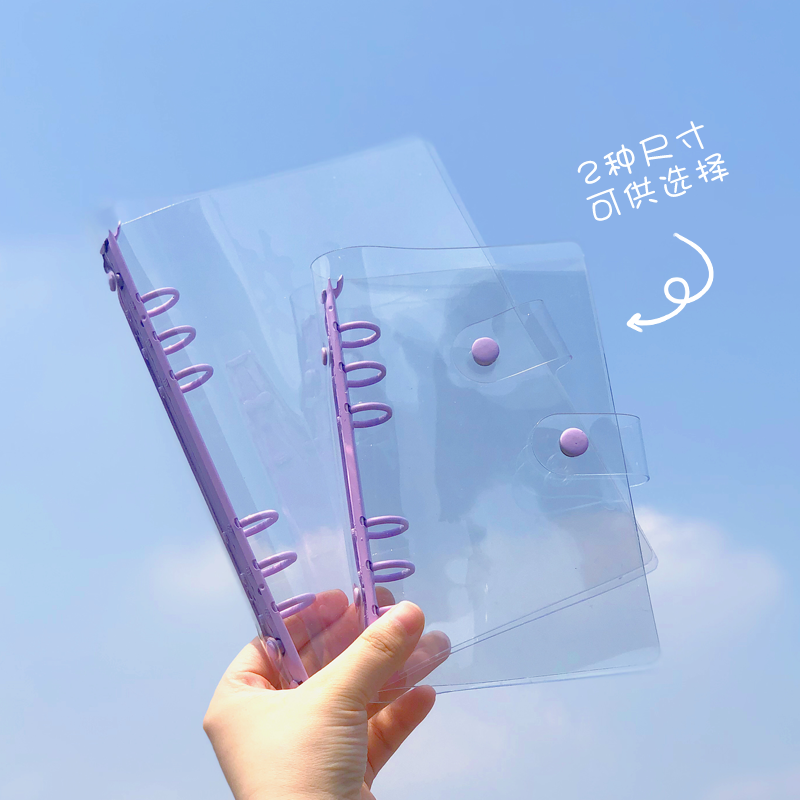点击领取淘宝京东拼多多唯品会优惠券
从入门到精通:手账本的记录技巧
一、入门:了解手账本的基本功能
手账本不仅仅是一个记录日程的笔记本,它更是一个帮助你管理生活、工作和学习的工具。了解手账本的基本功能是开始使用它的第一步。手账本通常包括日历、月计划、周计划、待办事项等功能。
二、记录技巧:
1. 日历记录:将每天的日期、重要事件和节日记录在日历上,以便随时查看。
2. 月计划:在每月的开始,列出本月的主要目标和计划,这样你可以清楚地看到每个月需要完成的任务。
3. 周计划:每周开始时,根据月计划列出本周的具体任务和活动,确保你有一个清晰的目标和计划。
4. 待办事项:将每天需要完成的任务列在待办事项中,并按照优先级进行排序。完成的任务可以划掉或标记为已完成,以便随时查看进度。
三、进阶:手账本的个性化使用
1. 分类记录:根据不同的需求和主题,将内容分类记录在手账本的不同部分。例如,工作、学习、生活等可以分别记录在不同的分区或标签中。
2. 笔记记录:除了日常的日程和计划,还可以将重要的笔记和灵感记录在手账本中,以便随时查阅和回顾。
3. 复盘与反思:定期回顾手账本中的内容,总结经验和教训,调整计划和目标。

【笔记本/记事本】扭蛋机口袋本A7创意文具记事笔记本减压手账本少女心学生日记本子售价:14.00元 领券价:9.8元
四、精通:运用手账本提高效率
1. 时间管理:通过手账本合理规划时间,确保每个任务都有足够的时间完成,避免拖延和压力。
2. 任务拆解:将大任务拆解成小任务,分别安排在每天的待办事项中,逐步完成。
3. 习惯养成:通过手账本记录的习惯养成,如每日阅读、健身等,可以让你更好地追踪和培养好习惯。
4. 情绪记录:在手账本中留下每天的心情记录,帮助你更好地了解自己的情绪变化,以便及时调整心态。
五、英文翻译:
From Beginner to Expert: Skills for Journaling in a Planner
Beginner Level: Understanding the Basic Functions of a Planner
A planner is not just a tool for scheduling your day-to-day life, it’s a management tool that can help you handle various aspects of your life, work, and studies. The first step to using a planner is to understand its basic functions, which typically include a calendar, monthly planning, weekly planning, and to-do lists.
Recording Skills:
1. Calendar Recording: Keep important dates, events, and holidays on your calendar for easy reference.
2. Monthly Planning: At the start of each month, list your main goals and plans for the month to have a clear picture of what needs to be accomplished.

【笔记本/记事本】a6简约活页夹透明软皮a5活页本外壳笔记本手账本卡册内页6孔替芯售价:13.80元 领券价:7.5元
3. Weekly Planning: Each week, break down your monthly goals into specific tasks and activities for the week, ensuring you have a clear objective and plan.
4. To-do Lists: List the tasks you need to complete each day on your to-do list and prioritize them accordingly. Mark completed tasks as done or cross them out for easy tracking of progress.
Advanced Level: Personalized Use of a Planner
1. Organizing by Categories: Record content based on different needs and themes in different sections or labels of your planner, such as work, studies, and life events.
2. Note-taking: Apart from daily schedules and plans, record important notes and inspirations in your planner for easy reference and review later on.
3. Review and Reflection: Regularly review the content in your planner to summarize experiences and lessons learned, adjust plans and goals accordingly.
Master Level: Using a Planner to Improve Efficiency
1. Time Management: Plan your time reasonably using a planner to ensure each task has enough time to be completed, avoiding procrastination and stress.
2. Task Breakdown: Break down large tasks into smaller ones and schedule them in your daily to-do list to complete them gradually.
3. Habit Formation: Use your planner to track and cultivate good habits such as daily reading, exercise, etc., helping you better understand and develop positive habits over time.
4. Emotional Recording: Keep a daily mood record in your planner to help you better understand your emotional changes and adjust your mindset accordingly in a timely manner.

